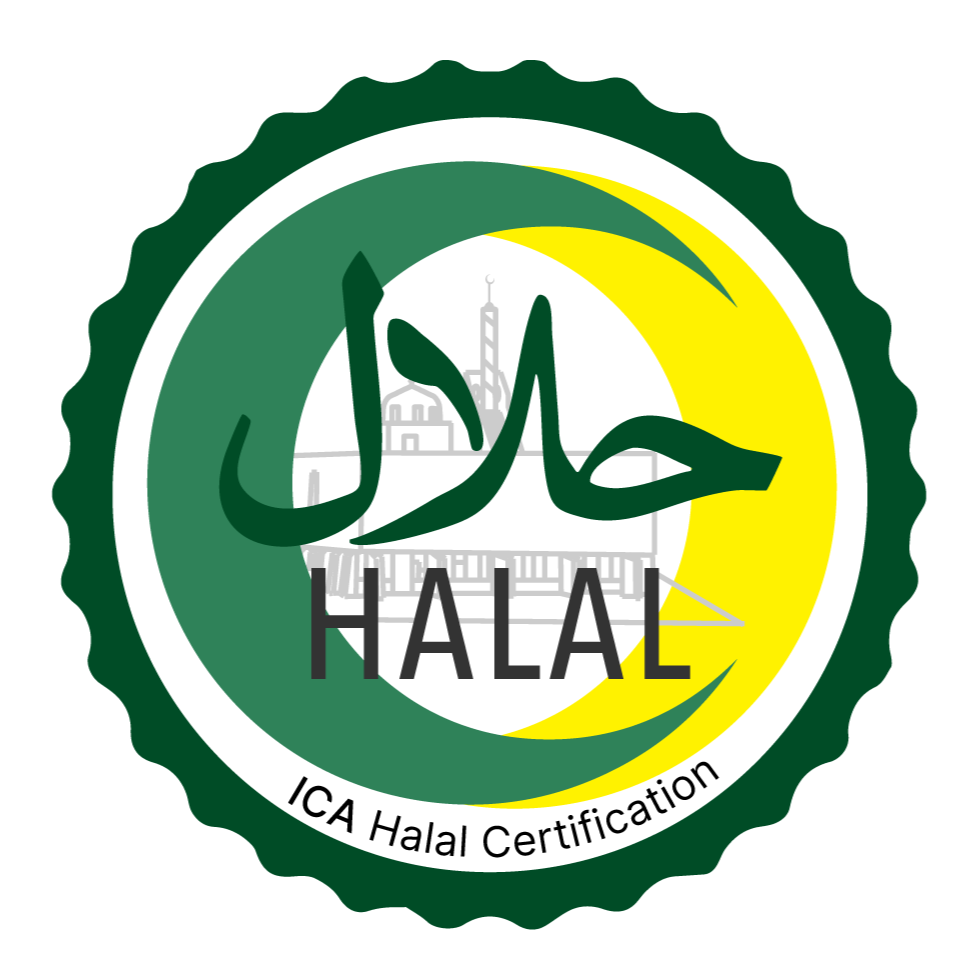Halal certification ensures that food, products, and services comply with Islamic dietary laws. It guarantees that the item meets the standards set by Halal Certifications UK. This includes the way food is prepared, the ingredients used, and the hygiene standards followed.
Why Is Halal Certification Important?
Halal certification is important for Muslims who follow Islamic dietary laws. It assures them that the products they consume are permissible under Islamic guidelines. It also helps businesses build trust with Muslim consumers and expand their market.
Who Needs Halal Certification?
Many businesses benefit from halal certification, including:
- Restaurants and food manufacturers
- Meat suppliers and butchers
- Cosmetic and pharmaceutical companies
- Catering services and airlines
- Supermarkets and grocery stores
Halal vs. Haram: Understanding the Difference
Halal means “permissible” in Arabic, while haram means “forbidden.” Foods and products must meet certain conditions to be considered halal. For example:
- Meat must be from animals slaughtered according to Islamic law.
- Ingredients must not contain alcohol, pork, or non-halal animal by-products.
- Processing must follow strict hygiene and ethical standards.
How to Get Halal Certification in the UK
Businesses must follow a few steps to obtain halal certification in the UK:
1. Choose a Halal Certification Body
Several organisations in the UK provide halal certification. Businesses must select a recognised authority to conduct the certification process.
2. Submit an Application
The business must complete an application form and provide details about their products, ingredients, and production process.
3. Inspection and Audit
A halal certification team will visit the facility to inspect the ingredients, production methods, and hygiene standards. They ensure that all products meet halal requirements.
4. Certification Approval
If the business meets all halal standards, it receives a halal certificate. This certificate is valid for a specific period and must be renewed.
Recognised Halal Certification Bodies in the UK
Several organisations issue halal certificates in the UK. Some of the well-known ones include:
- The Halal Monitoring Committee (HMC)
- The Halal Food Authority (HFA)
- The European Halal Development Agency (EHDA)
Each body has its own guidelines and certification process. Businesses should choose the one that best suits their needs.
Benefits of Halal Certification
Having a halal certificate offers several advantages:
1. Builds Trust with Muslim Consumers
Muslim customers look for the halal logo when purchasing food and products. A halal certificate assures them that the product meets Islamic dietary laws.
2. Expands Market Reach
Halal certification allows businesses to cater to a growing Muslim market in the UK and abroad. Many countries require halal certification for imported goods.
3. Ensures High Standards
Halal certification promotes cleanliness, hygiene, and ethical treatment of animals. It improves product quality and safety.
4. Increases Business Growth
With halal certification, businesses can enter new markets, attract more customers, and boost sales.
Common Products That Need Halal Certification
Halal certification applies to many products, including:
- Meat and poultry – Must be slaughtered according to Islamic guidelines.
- Processed foods – Snacks, frozen meals, and canned goods must have halal ingredients.
- Dairy products – Cheese, yoghurt, and milk must not contain non-halal additives.
- Beverages – Juices and soft drinks must not have alcohol or non-halal ingredients.
- Cosmetics and personal care items – Must not contain alcohol, gelatin, or non-halal animal by-products.
How to Identify Halal-Certified Products
Halal-certified products usually have a halal logo on the packaging. This logo confirms that the product has been inspected and approved by a halal certification body. Consumers can also check the certification body’s website for a list of certified products.
Challenges in Halal Certification
Although halal certification provides many benefits, some challenges exist:
- Lack of Awareness – Some businesses do not understand the requirements for halal certification.
- Confusing Labels – Different halal logos can confuse consumers.
- Costs and Fees – Certification can be expensive for small businesses.
For more information visit Website
Conclusion
Halal certification is important for businesses that want to serve Muslim customers. It ensures that products meet Islamic dietary laws, builds consumer trust, and helps businesses grow. By choosing a recognised certification body, businesses can obtain halal certification and expand their market.

